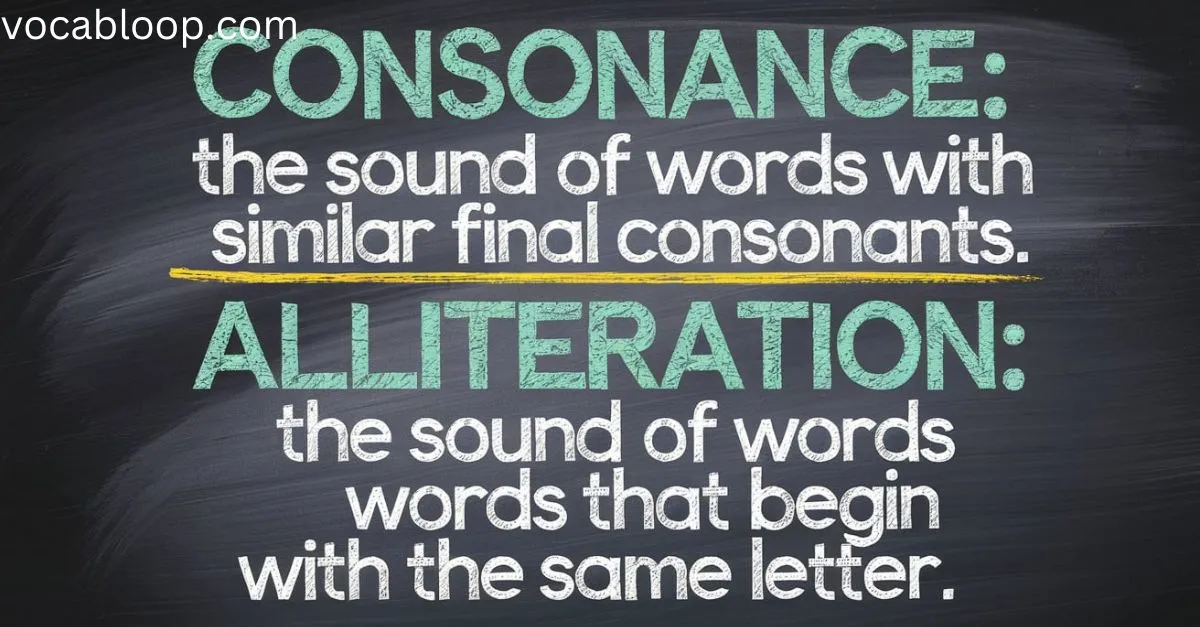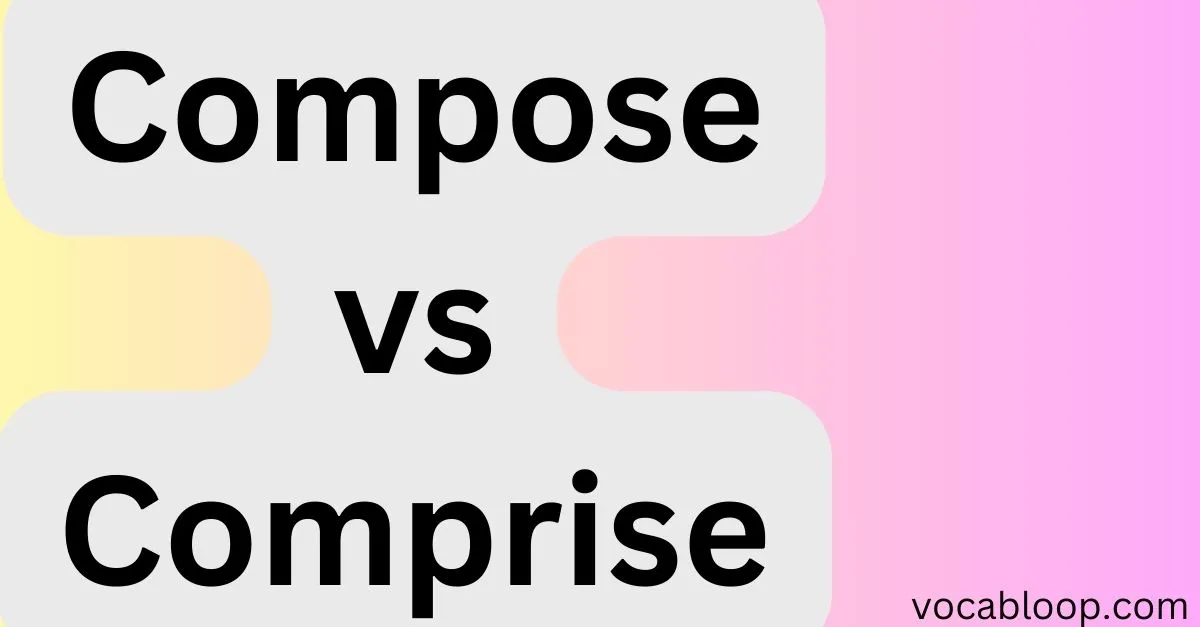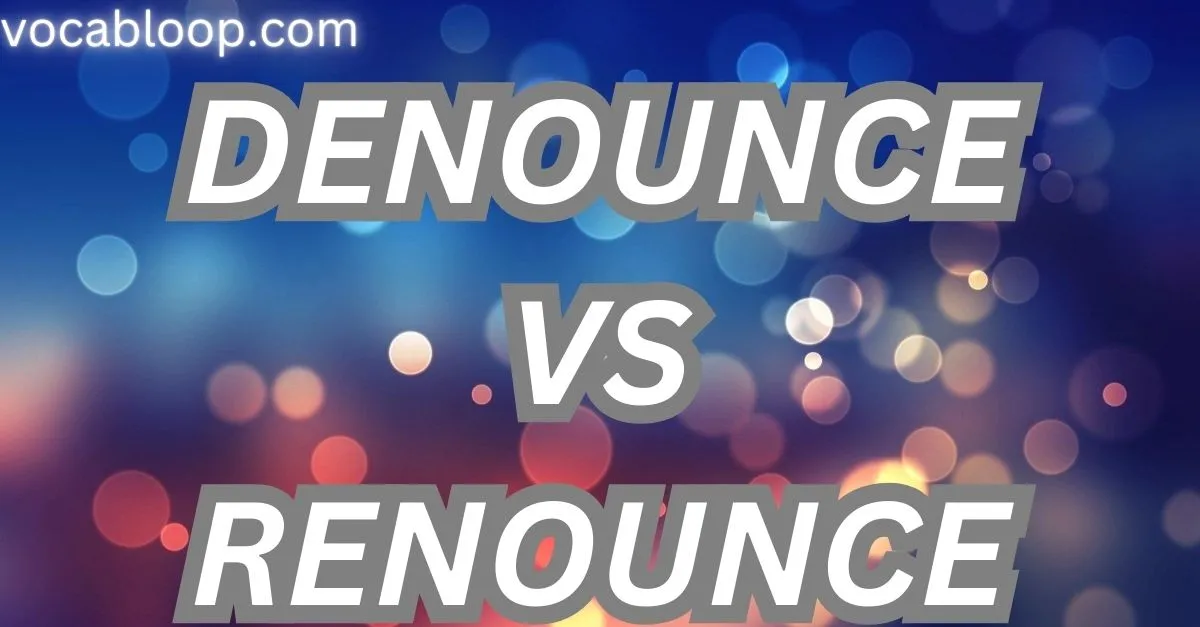Consonance vs Alliteration: What’s The Difference?
Understanding consonance vs alliteration can be tricky, especially for those diving into the world of literary techniques and poetic devices. Both terms involve the repetition of sounds to enhance writing, but they are not the same. Alliteration focuses on repeating the initial consonant sounds of words, creating a catchy rhythm that grabs attention. For example, … Read more










